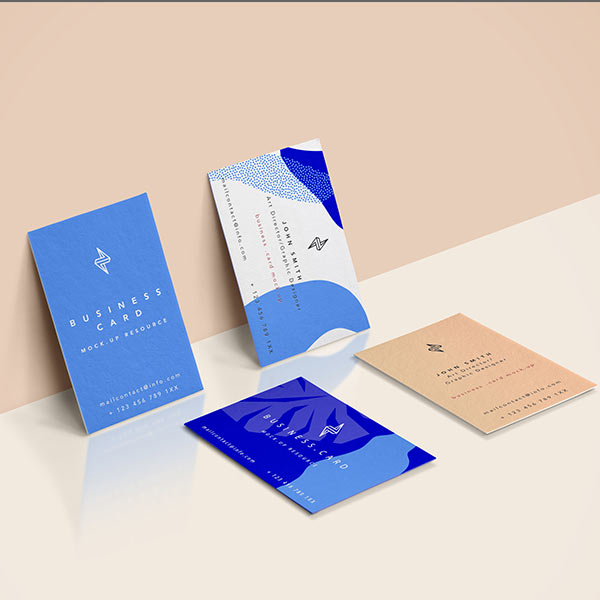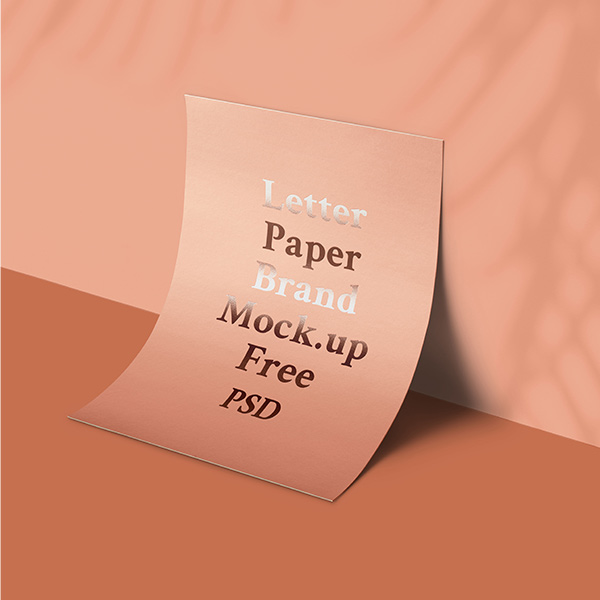
Getting real or getting left behind – the business of honesty
At Sherry we talk a lot about the importance of being authentic to create genuine, memorable brand and creative experiences. But what does that really mean? What is the real benefit? And is it profitable?
After all, we seem to encounter businesses frequently that are either deliberately trying to trick us or massively over-promising and seriously under-delivering. And many of them seem to be doing OK, thanks very much.
So in reality the key question is this – is there serious money in expressing total honesty? Or is the shorter, less transparent, artful dodging approach a better money-spinner?
Now we could spend the rest of this article listing percentage data from the latest brand and marketing surveys that will tell you 100% (or at least 96.85%) that today, more than ever, the consumer wants transparency, clarity and a human connection to really lock into a brand. They want to know a lot more about the company than they did years ago. Once they get the full story, if they like it, they’re yours. It seems kind of obvious, no?
But brands will tell you that customers are ruder, more impatient and less loyal than they have ever been before. They treat representatives badly and complain about services with no justification just to get a discount. It appears that on the dark side of the commercial battle-field both sides are firmly entrenched in their view of the other. This could get ugly.
The way to broker a ceasefire and the answer to how you build armies of loyal, profitable, raving fans lies with the brand owners and their trust in us creatives to put their message out into the world. Not the customer.
At the risk of sounding dishonest, honesty is a multi-layered concept.
As a brand you have many areas to get straight in order to sell successfully over a long period of time. Your product, supply chain, employees and your stakeholders are amongst these, but the key thing to get clarity on (and honest with yourself about) is what it is exactly that your customer base is buying from you. And don’t forget – that is usually very different from what you think you are selling. Being straight with yourself about that is the first step to a transparent (and lucrative) brand.
Audiences are hard to read but we know for a fact that the pandemic has shifted thinking significantly and they are getting increasingly more jaded about what happens in the world around them – to the point where they have actually started to expect that they are probably going to be lied to at some stage by the brands they buy from. Bad customers? Nope. Bad business.
These days the ability to be honest, authentic and transparent about how your brand conducts business and backing that up with a rock-solid product or service has the power to shatter that cynicism and create a new gold standard in loyalty. There’s never been loyalty like post-Covid loyalty!
But to get to brand nirvana you also need something else.
Every survey worthy of the name will tell you that consumers stay loyal to brands that ‘get them.’ This is born out by the fact that 85% of buyers stay loyal to brands that are aligned with their own personal values (actually we might have made that stat up but you get the drift). So rather than staying dark and mysterious or trying to amplify the ‘good’ in the hope that the client won’t see the ‘not quite so good’, the better route is to tell them the whole company story. Tell them why you started. Tell them what your company stands for. Tell them where you want to go with it. All of that builds loyalty.
And here’s another thing – you can also tell them what you’re not great at.
Yes you read that correctly, it’s OK to let potential customers know that there are parts of your game that you’re not great at. Vulnerability can be a very strong aphrodisiac in the land of the brand. And businesses are only just working out how to leverage it.
At the end of the day, the more you transmit business authenticity through your service, brand communications and marketing, the more likely you are to find yourself in long term meaningful relationships. It’s not ‘build it and they will come’, it’s more like ‘show them how and why you built it and not only will they turn up, they’ll probably move in too.’










Leave a Reply